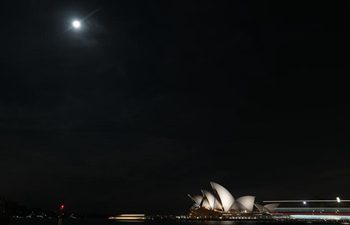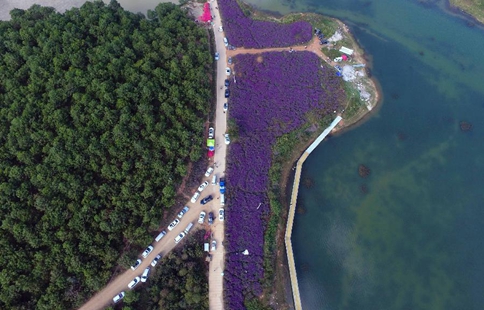CANBERRA, Oct. 5 (Xinhua) -- A peak Australian transport body has called for an "exemption" from drink and drug-driving laws for people in driverless vehicles.
In a discussion paper released Thursday, the National Transport Commission (NTC) argued there is a "clear-cut" justification for the exemption because there is "no possibility that a human could drive a dedicated automated vehicle."
"The situation is analogous to a person instructing a taxi driver where to go," the report said.
It admitted that there was a risk that people under the influence could take control of Automated Driving Systems (ADS).
"A risk of providing exemptions is that an occupant may subsequently choose to take over driving the vehicle while under the influence of alcohol or drugs," the NTC said.
"If this occurred, they would become the driver of the vehicle and drink and drug driving offences would apply."
The NTC is an independent advisory board which has been tasked with advising Australian governments on law reforms to prepare for the arrival of Automated Driving Systems (ADS).
The report said the exemption should not apply to riders in vehicles with limited automation.
"Any exemptions should not apply to the fallback-ready user of a vehicle with conditional automation," it said.
"A fallback-ready user is required to be receptive to requests to intervene or system failures and must take over the dynamic driving task if the ADS cannot perform it."
Australian states prohibit driving under the influence of drugs or alcohol to varying degrees.
The NTC said upholding those laws for driverless cars could be a "barrier" to the benefits of the vehicles which they say will reduce the number of drink-driving related deaths on Australian roads.
"To hold the human responsible may restrict the introduction of automated vehicles into Australia and unnecessarily deny or delay the many potential benefits of the technology," the NTC found.

















